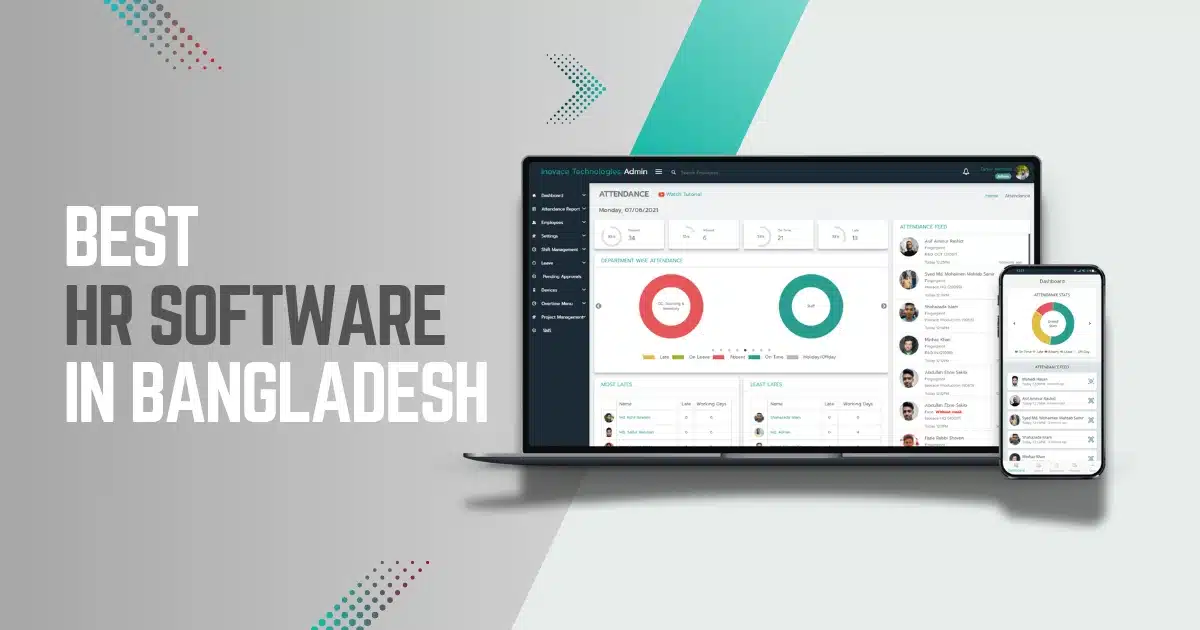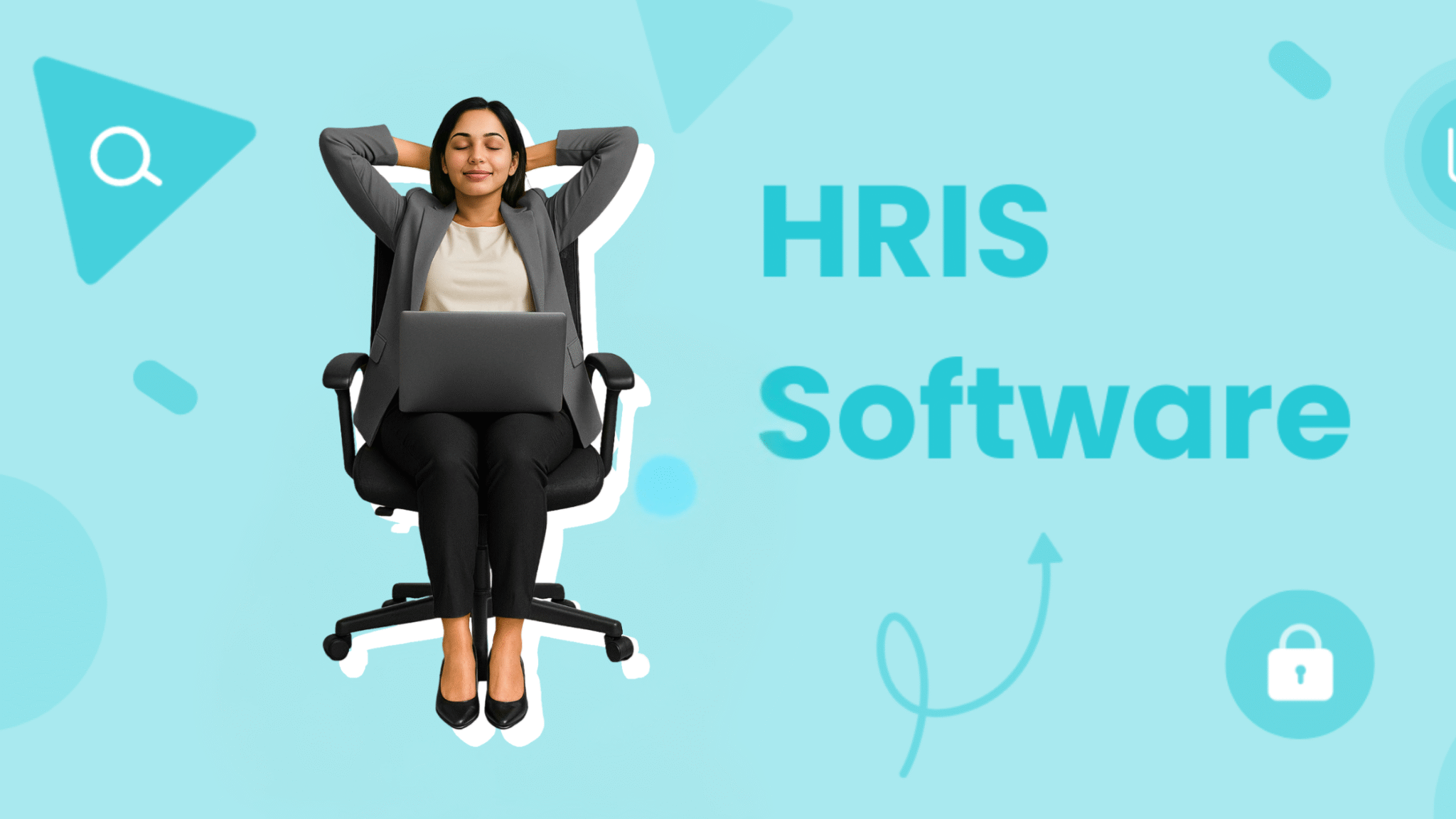If you think of your business as a live thing, ERP software is like the eye that sees everything. This complex web of processes and data that are all linked together makes sure that everything runs smoothly in areas like sales, marketing, finance, and more. ERP, which stands for “enterprise resource planning,” is more than just a group of tools. It connects all of your important functions to a single site and acts as the brains of your business. This lets you see and handle different parts of your business in real-time, giving you the information you need to make smart choices.
So, What Does ERP Actually Do?
With ERP software, all of a business’s data from different sources is put into one database, so the business doesn’t need multiple databases. Everyone in the company will always know the most up-to-date story this way. This makes working together more likely and speeds up the process of finishing a job. Plus, it gives everyone the power to pick the right thing. That’s how ERP makes workers feel better about themselves and gets them to work together.

Important Things That ERP Software Can Do
Here are some of the most important things that make ERP software so useful for businesses:
Financial Management:
ERP software really excels in the area of Financial Management. It takes care of everything related to money, from making budgets and keeping track of money to planning and reviewing. With ERP, you can see all of your company’s funds at once. This lets you keep an eye on spending, handle cash flow, and, most importantly, make smart financial choices that will help your company succeed.
Human Resources:
People are the most important thing you have, and the HR module makes sure you take good care of them. It takes care of employee information, payroll, perks, hiring, performance reviews, and developing talent. It also helps make sure that work laws and rules are followed.
Supply Chain Management:
You can use this feature to keep track of your products from the time you buy the raw materials to the time you send the finished goods. It makes it easier to keep track of inventory, buy things, move things, and communicate with sellers. This keeps the supply chain running smoothly and efficiently.
Customer Relationship Management (CRM):
CRM helps you learn more about your customers and keep in touch with them. It keeps track of your interactions with customers, stores information about them, handles your sales pipelines, and lets you tailor your marketing to each customer. You can give your people great experiences and keep them coming back with CRM.
Manufacturing:
Let’s say you make things for a living. Then, the manufacturing module takes care of scheduling, planning output, checking quality, and running the shop floor. This program makes sure that the way you make things is the best it can be. With CRM, you can be as efficient and productive as possible.
Other Modules:
ERP systems come with many features, each one made to handle a different part of running a business. These tools, which are built into the ERP software, take care of things like managing projects and assets and automating marketing. ERP software is flexible, so you can pick and choose the features that work best for your business.

The Benefits of ERP Software: Why It Matters
There are many ways that ERP software can help your business. ERP software can help you make choices based on data, cut costs, make customers happier, and set the stage for a scalable future. It can also make your business more efficient and help people work together better.
Improved Efficiency:
ERP cuts down on practical waste and mistakes by automating tasks, getting rid of the need to enter data by hand, and making processes run more smoothly. This speeds up the process, makes it more useful, and cuts costs by a large amount. This gives you peace of mind about your investment and your money.
No more information walls in the office, thanks to ERP software.
It makes it easier for people to work together. Besides, it lets finance keep an eye on project prices because it has a single source of truth. It also lets the sales department see how much product they have at any given time. And let HR rate how well workers are doing. The office feels calm and united when everyone works there.
Data-Driven Decision Making:
People can make better decisions with the help of ERP software, which gives them accurate data in real time and powerful reporting tools. This makes it easier to handle risks, make plans, and divide up resources. Managers like their jobs because ERP software makes people feel safe and trustworthy.
Cost Reduction:
ERP systems cost money at first, but they pay for themselves over time. All of these things save a lot of money over time: they help make the best use of resources, keep stocking costs down, and make buying easier.
Customer Satisfaction:
ERP keeps all of your customer information and contacts in order in the cloud. It lets customer service reps make each person feel valued and important by giving them a unique experience. So, it makes sure that your customers are taken care of, which makes them trust and believe in you. It also makes people happier and speeds up the time it takes to respond.
Scalability:
ERP systems are made to grow with your company. You can start with just the parts you need and add more features as your business grows. This gives you peace of mind about your company’s future growth.
The Bottom Line is,
ERP software is more than just a bunch of programs. It’s also a planning tool that shows you how your business works now and lets you manage it. It’s software that helps your business run better and grow over time. The most important thing is that it makes things better for your customers. By getting rid of data silos and automating chores, ERP software makes sure that the customer always comes first. In other words, it lets you make choices based on data.








